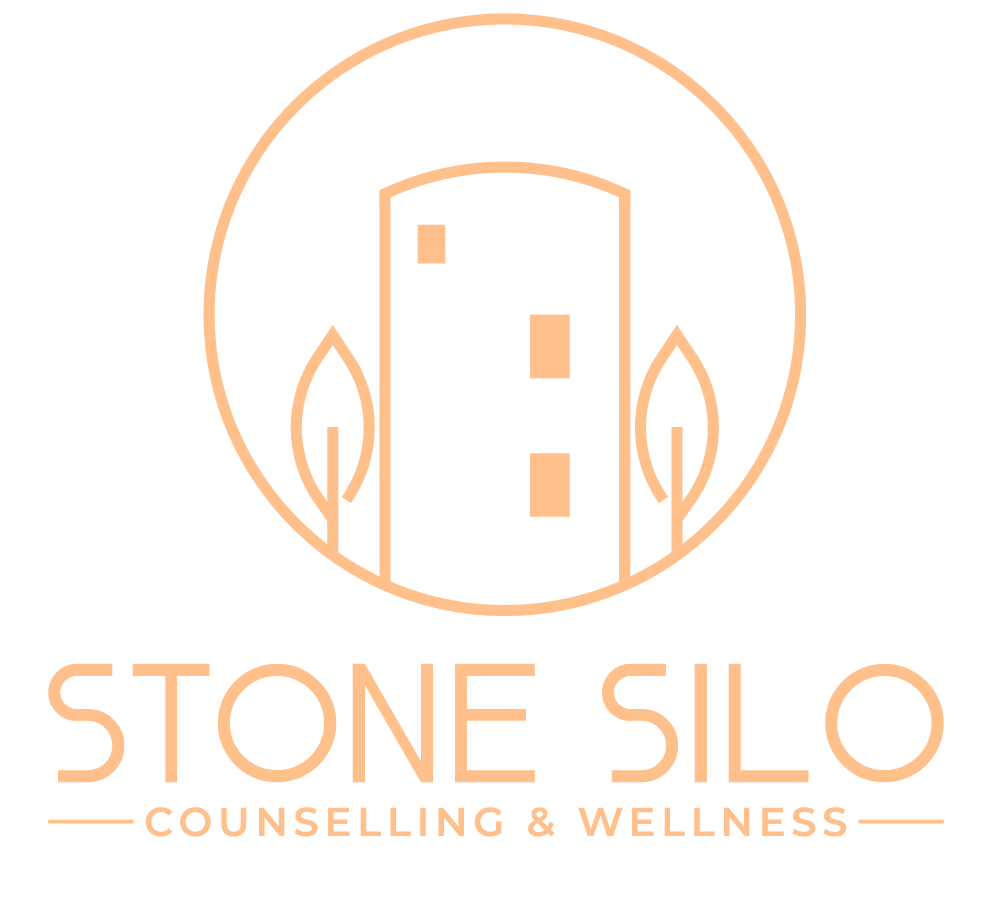Mental health is an important part of anyone’s well-being, but it can be challenging to manage on our own. That’s where therapy comes in. Therapy and counselling provide a safe and supportive space to explore our thoughts, feelings, and experiences. Finding the right therapist is key to starting your mental health journey.
The topic of therapy is surrounded by stigma. Many people find themselves not knowing where to start or what is true. Understanding what therapy is and how to find the right therapist for you is essential if you want to better your mental wellness.
What Is Therapy?
Therapy is meeting with a trained mental health professional to talk about and take care of your mental health and wellness concerns. There are many different forms of therapy. It can be one-on-one, with a partner or family member, or in a group setting. It can be an effective tool for conflict resolution, addressing trauma, or checking in to make sure you’re taking care of yourself. The goal of therapy is to help individuals improve their mental health. A trained therapist will work to identify potential issues before they arise. They will also work with you to address the root causes of existing mental health issues.
We live in an age where therapy has never been more accessible. Our society has started to recognize the importance of mental health. We’ve also started to take action against the stigmas around seeking mental wellness.
How Do I Find The Right Therapist?
To find the right therapist for you, start by asking for recommendations from people you trust. Personal recommendations can be a great way to find a therapist that has worked well for others. Your doctor is a good resource for this. You can also check with your insurance company to see what mental health services are covered under your plan. This can help narrow down your search to therapists that are in your network.
When you find a therapist you think you would work well with, schedule a consultation with them. Many therapists offer a free consultation where you can meet with them and discuss your concerns. This can be a great way to get a true sense of whether or not the therapist is a good fit for you.
It is important to find a therapist that you are comfortable with. Trust is the foundation of any relationship, especially your relationship with your therapist. If you don’t feel comfortable sharing with your therapist, they won’t be able to do their job. Some discomfort can be normal at first, as you and your therapist get to know each other. If you’re unsure about a therapist you’re seeing, look for a feeling of potential connection. Ask yourself if you can see the relationship growing and developing into something you feel more comfortable with. Another sign to look for when you’re unsure is how well your therapist understands you. If you get a sense that your therapist doesn’t understand what you are trying to communicate at all, you may want to consider finding someone who you’ll be able to communicate with more easily.
There is no shame in choosing not to continue with a therapist you don’t feel comfortable with, regardless of how long you’ve been seeing them. Your relationship with your therapist will change over time. As you move along your mental health journey, your therapist will take on more of a mentorship role as you take control of your own mental health.
The Stigma Around Therapy and Weakness
Unfortunately, there are many stigmas surrounding therapy that can make it challenging for people to seek the help they need. These stigmas are untrue and often hurtful. Therapy is not just for people with severe mental health issues. It’s for anyone who wants to improve their mental health and well-being. Going to therapy takes courage and strength, not weakness. Therapy is not a waste of time and money. It’s an investment in yourself, your mental health and your overall wellness.
Just like physical health, our mental health needs to be looked after and checked on. This is where therapy comes into play. Therapy can improve your relationships, work, and quality of life.
It is important to keep an open mind when it comes to mental health. By believing the stigmas and buying into them, you might lead yourself or others down a bad path. Mental illness can be very difficult to handle alone. Understanding that you aren’t alone is the first step towards mental wellness.
I Still Have More Questions
It is common to have questions about therapy. Many wonder how long it lasts or what happens in a session. The length, structure, and frequency of therapy sessions are something to be discussed between you and your therapist. Therapy doesn’t look the same for everyone. Some people may only need a few sessions, while others may need months or even years of therapy. Each session is guided by your concerns and your therapist’s observations. Before your first session, think about what you want to get out of therapy. Write down your questions and concerns so you can talk about them in your first session. Your therapist is there to provide you with guidance and support as you work through your mental health concerns. Your experience with your therapist will change over time. Some also worry about who your therapist might talk to. Don’t worry, therapy is confidential. Your therapist is legally required to keep your information private.
What If I Don’t Find The Right Therapist?
Finding the right therapist takes time and effort, but it’s worth it. Don’t be afraid to try out different therapists until you find one that is a good fit for you. Remember, therapy is a personal journey, and finding the right therapist can make all the difference. Don’t let yourself be discouraged if the first therapist you speak with isn’t right for you. The relationship between a person and their therapist is a complex and important one. If you’re not fully comfortable with your therapist, it will be difficult for them to give you the support you need.
At Stone Silo, we want to help you start your journey. We have a diverse team with different specialties and offer a free 15-minute consultation. Book an appointment with one of our trained therapists to see if someone on our team is the right fit for you.





